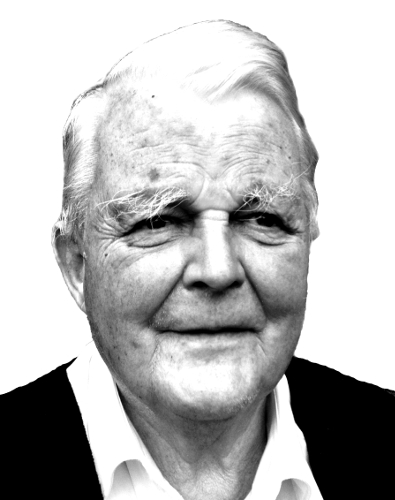I must have passed through Reading station dozens of times in recent years on my way to Wales or the West Country. It always gives me a twinge when the train comes into the station from London.
Once one could see clearly the large red brick lump of Reading Gaol. Why a twinge? Because I always remember that it was the place of Oscar Wilde’s incarceration. The Ballad of Reading Gaol goes on for many verses but the first is quite enough to move me:
I know not whether Laws be right,
Or whether Laws be wrong;
All that we know who lie in gaol
is that the wall is strong
and that each day is like a year,
a year whose days are long.
My prison experience came very slowly. It says something about the system of legal education in my day that I studied law for three years, and never once paid a visit to a prison – or was required so to do – even though there was a prison within half a mile of my college.
Times have changed, at least for me. Since those days I have been to many prisons as a visitor and have always ended up asking myself so many questions. The first is what are prisons meant to be for?
Reform? Is there any evidence that reform is the result of perhaps years of imprisonment?
Protection for the general public? That makes some sense but then perhaps, at the most, a quarter of those imprisoned have ever committed crimes of violence. In fact, thanks to violence within prisons, prisons can even be schools of violence.
Thankfully, many brave and persevering people have come in groups or as individuals to press for prison reform and legal changes. The Prison Reform Trust, Prisoners Abroad, and Prisoners of Conscience, to name just a few, have long been progressively helpful, but public concern remains at a low level.
Only yesterday, I went to see a man in a prison near Rugby. There used to be a prison bus to take visitors from the station to the prison perhaps 10 miles way. No longer. So now visitors have to travel by taxi with a return trip of something like £30. Not an encouragement for hard-up family members.
Yet regular concerned and friendly visitors have much to do with survival in prison. Not long ago I went to see another man whose appeal has just – successfully – been heard.
For the appeal to be done remotely by video he was taken to another prison some distance away and put for two weeks in a cell on his own with one hour a day of solitary exercise. What sense does that make?
I have found that the best source of inspiration and information comes from the monthly paper called Inside Time. It is a great publication. Anyone concerned about prisons ought to get on the mailing list.
One remarkable feature is that plenty of letters, sent in by prisoners, are published. Many of them make very good points about their treatment. Some are so touching. The current issue has a poem sent in by a man whose mother has just died. I wonder how long prison took them apart.
She is your first love, your best friend
But nothing on earth can separate you from your Mum
Not time, not space, not even death –
Goodbye Mum – go fly with the angels.
Emotion apart, Inside Time has always in it excellent informative articles and chunks of useful legal advice. Also some very good recommendations for prison reform.
But why did the justice secretary David Gauke, now retired from that post, have to leave it so late to suggest that there should be an end to all prison sentences of six months or less? There must be better ways of reformation than forcibly putting minor offenders into prison where they will get to know some far from minor offenders.
But this is Peace News I hear someone say? The connection is clear. There can be no real peace without justice for all.
Topics: Prison


